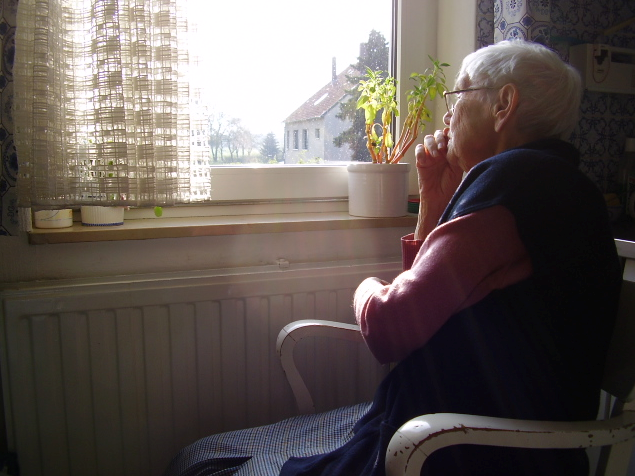A Vancouver psychiatric centre for seniors may need to accept aggressive patients and shorten wait times and patient stays.
This advice from a confidential September report by a doctors’ review committee of the Vancouver Coastal Health Authority was obtained by the Courier under the freedom of information law.
The B.C. government’s Short-Term Assessment and Treatment (STAT) Centre is situated at Laurel Street and West 12th Avenue. It serves patients over age 65 with psychiatric problems such as delirium, dementia and depression, most of whom are acutely medically ill.
Their psychiatric needs are complex and expanding, and 25 per cent of B.C. seniors suffer mental illness. In the VCH area this means 39,000 people, with a projected rise to 58,000 by 2022.
STAT Centre manager Lesley Nicholson told the Courier that the facility has two components, an in-patient unit and an out-patient day hospital.
About two-thirds of the clients come into the centre from home care and one-third from acute care.
In the terms used, “Vancouver Acute” is hospital-based care, while “Vancouver Community” is care usually provided outside a hospital, such as in private homes and residential facilities.
This fall VCH officials seriously considered moving the STAT Centre to UBC’s Point Grey campus. The report said this could disrupt a medical team and cause patients to grow more distant from their families, and on Dec. 12 the VCH scrapped the proposal.
Nicholson added that a move to UBC would have been too laborious, have required renovations, and might have split up the centre’s two
components.
The STAT Centre could use several reforms, the report said:
- Mount St. Joseph’s Hospital geriatric psychiatry unit now takes more aggressive patients while the STAT Centre takes those with anxiety and depression, and frail non psychiatric patients as well. “Some stakeholders felt that the STAT Centre should enhance its capacity to take some of the more difficult and aggressive patients in order to relieve that load out of acute care,” the report noted. It is not yet sure if that will be done, but if it is, Nicholson said the STAT Centre would take care to keep the aggressive patients separated from frail ones.
- The STAT Centre is in an ambivalent position, since it is funded by Vancouver Community and housed in Vancouver Acute, the report stated. “It therefore has two ‘masters’ with probably two competing visions of how best the job should be done and two very different philosophies of in-patient care. This places the STAT Centre in a very difficult position . . . there appears to be a substantial breakdown in communication and trust with Vancouver Acute administration.”
- Residential care will turn down patients with dementia, however there is a documented 131 bed shortfall of special care unit beds, the report noted: “It is clear that these patients are currently largely in medical beds and yet there is a perception that they don’t ‘belong’ there. The question arises then where do they belong?” There are outreach teams from the VCH’s geriatric psychiatry branch going into residential care, but the need often overwhelms the care available. Nicholson replied that is why such patients are taken into the STAT unit, for more specific support. “We are trying to move more patients into home care, which we call Home First.”
- The STAT Centre’s patient stay “appears to be long at 60 days,” and some doctors objected that the wait time to get into the STAT’s in-patient unit was more than a week “and therefore unable to serve the role of averting an acute care admission.”



